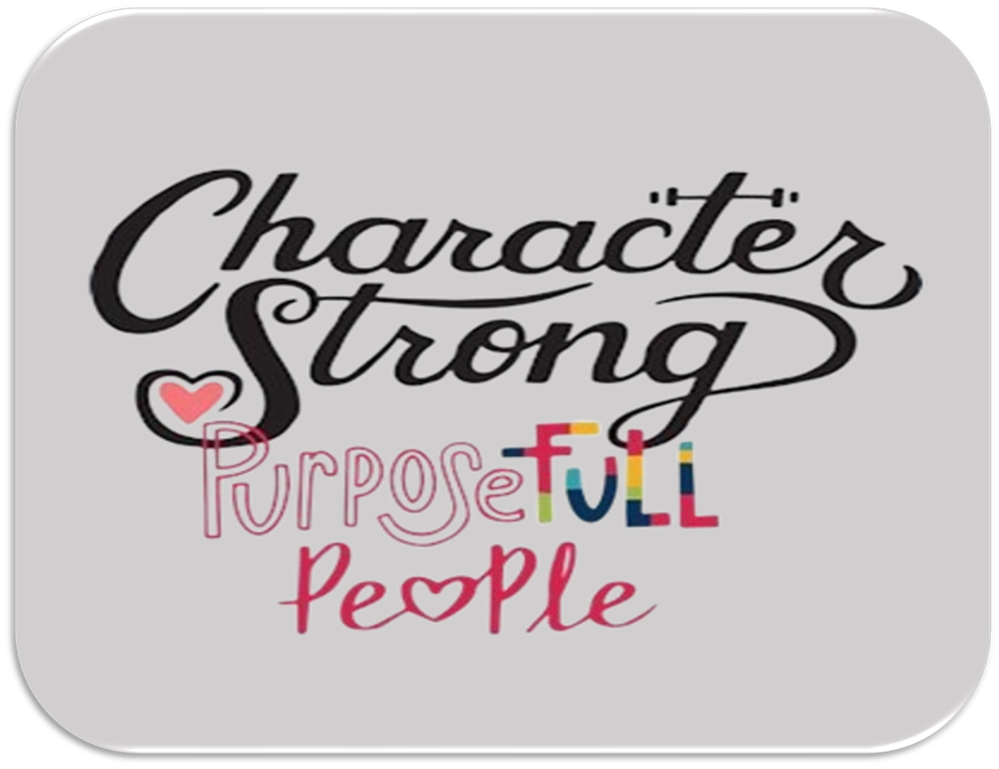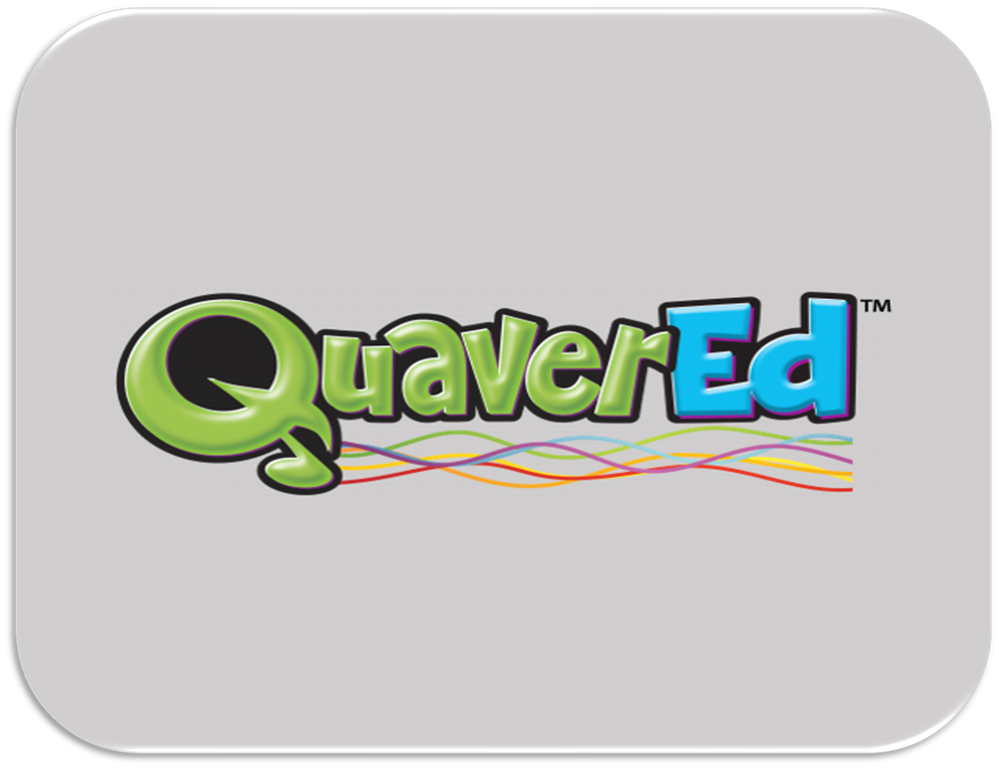- School District of Beloit
- 4th Grade - Social & Emotional Learning
4th Grade - Social & Emotional Learning
-
The School District of Beloit has selected a high-quality social, emotional learning curriculum aligned to WI state competencies that incorporates research-based instructional strategies to support all students in their social and emotional growth. The goal of the social and emotional learning program is to prepare our students to be kind, be well and be strong. As a result, we make an effort to establish a solid foundation in social skills and conflict resolution, executive function and emotional regulation. At all grade-levels, lessons build on a student’s prior social and emotional development and focus on future growth via the themes of respect, empathy, cooperation, responsibility, perseverance, courage, gratitude, honesty and creativity.
4th Grade Social & Emotional Learning Units
-
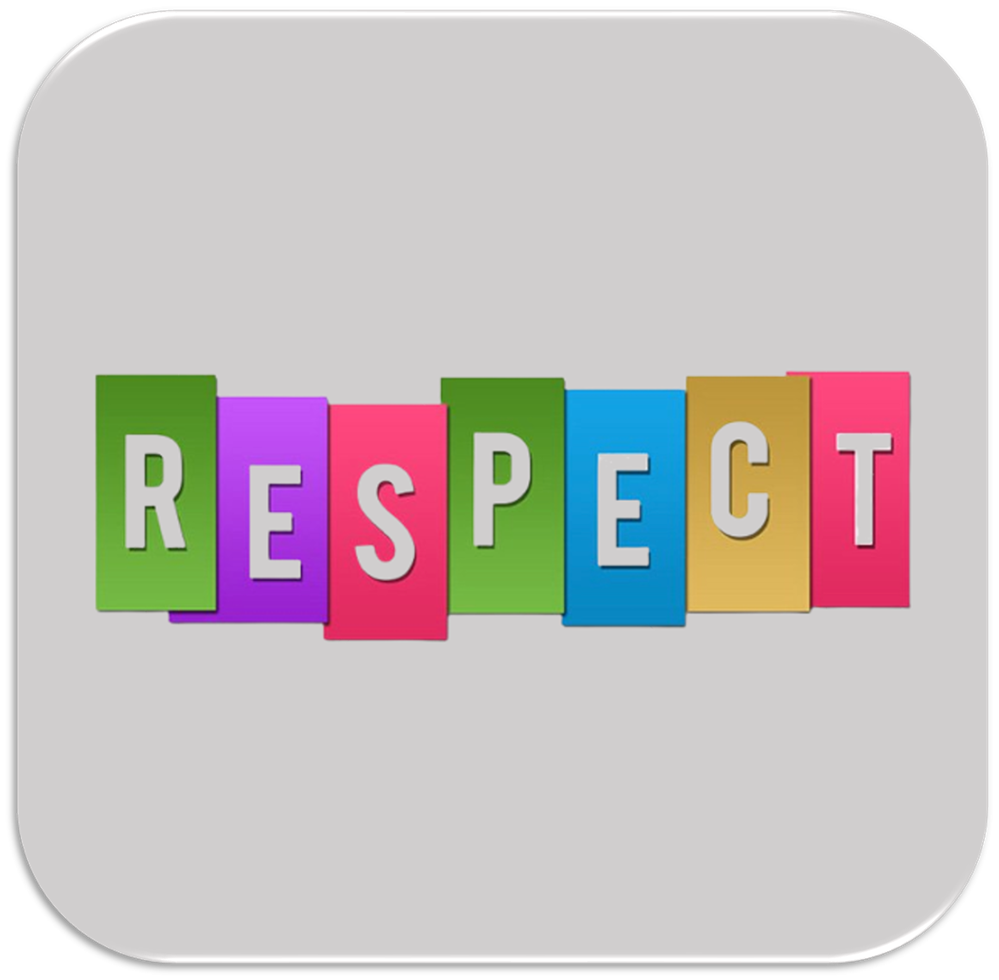
Respect
Students will create detailed guidelines based on Respect to build a positive classroom environment. Students will create a skit or a graphic novel page that shows how to resolve conflict Respectfully. Students will practice appreciating, learning from, and Respecting other people’s opinions and ideas. Students will use scenarios to discuss how to show Respect to others during conflict.
-
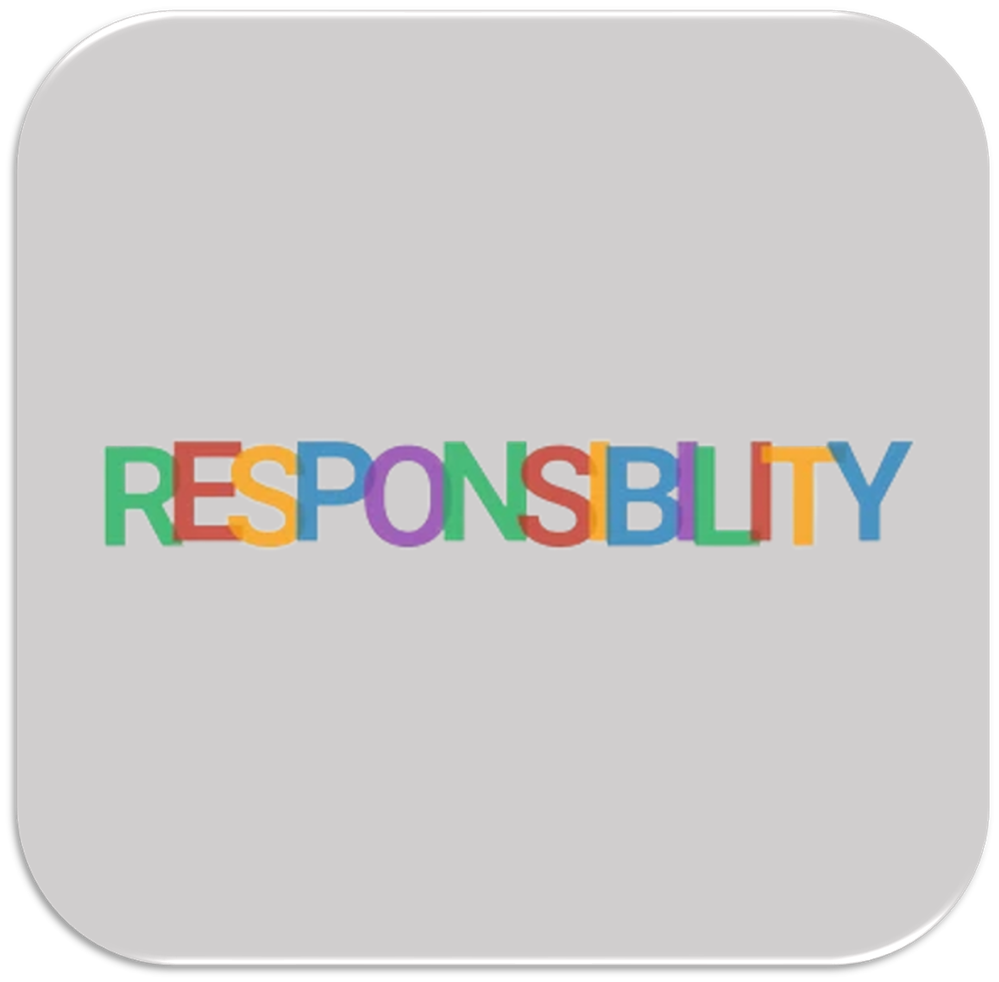
Responsibility
Students will assess the importance of organization and learn the 3 T’s model. Students will put time-management skills into practice to grow in Responsibility. Students will determine the importance of organizing their things and choose organization strategies. Students will learn how to organize tasks to achieve their goals.
-

Gratitude
Students will use positive self-talk to put Gratitude into practice. Students will express Gratitude to others and to themselves, creating tools for practicing positive self-talk. Students will practice reframing negative self-talk to positive self-talk. Students will share Gratitude and positive self-talk with others in the school community.
-
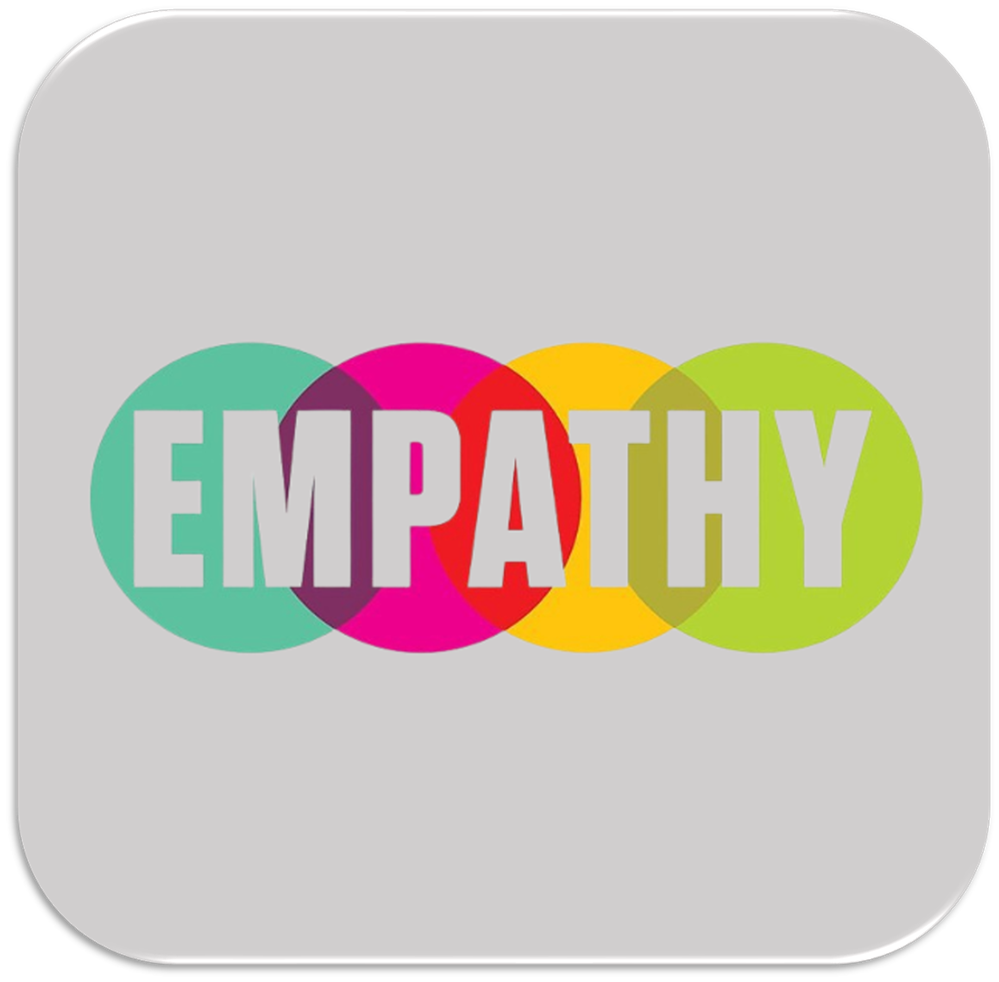
Empathy
Students will learn to use the 3 steps in The Tree of Choices to resolve conflict. Students will learn about and plan 3 ways to practice meaningful Kindness. Students will learn how to use I-Statements to communicate emotions. Students will learn that we may have different opinions and that at times we must agree to disagree.
-
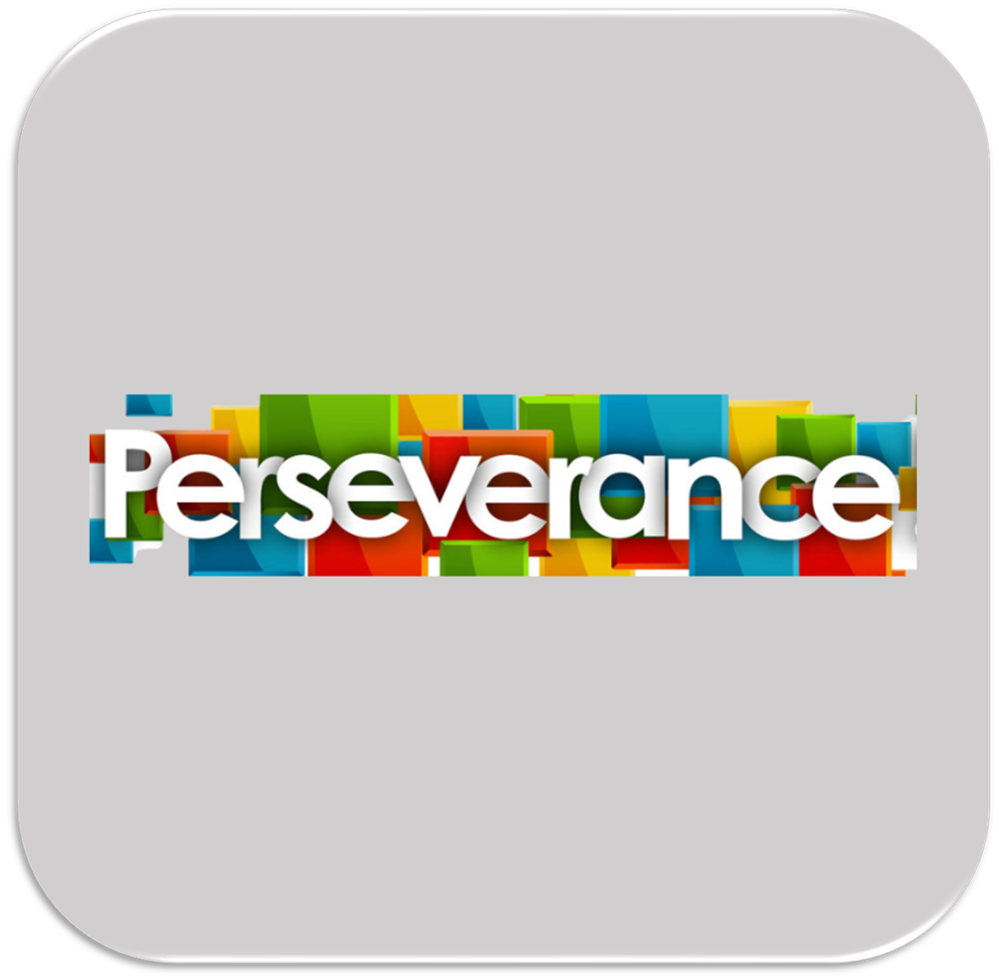
Perseverance
Students will practice breaking down large goals into smaller action items. Students will learn and practice the If…Then strategy for facing organizational obstacles by playing a game. Students will practice organizing tasks by learning to prioritize. Students will synthesize organization skills and Perseverance to create their own 3T’s game.
-

Honesty
Students will play a game to practice choosing helpful, Honest thoughts that lead to positive actions. Students will determine how to respond to various situations with positive self-talk and Honesty. Students will work together to reframe negative thoughts. Students will practice positive Honesty by creating posters that encourage others.
-
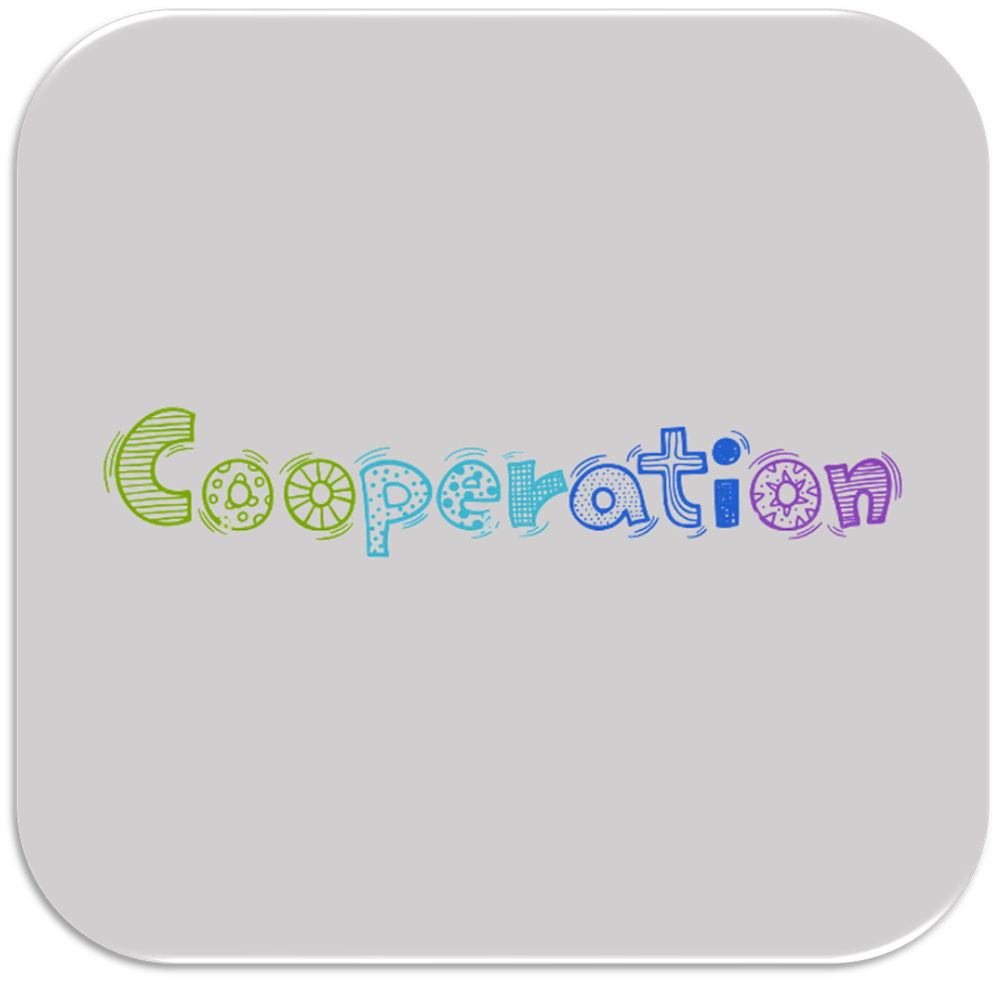
Cooperation
Students will Cooperate and apply conflict resolution strategies to complete a challenge as a team. Students will work in groups to complete a short skit about Cooperation using I-statements to resolve conflict. Students will work Cooperatively to create a flag representing each group member as well as something they have in common. Students will work Cooperatively to answer questions during an interactive game resolving conflicts.
-
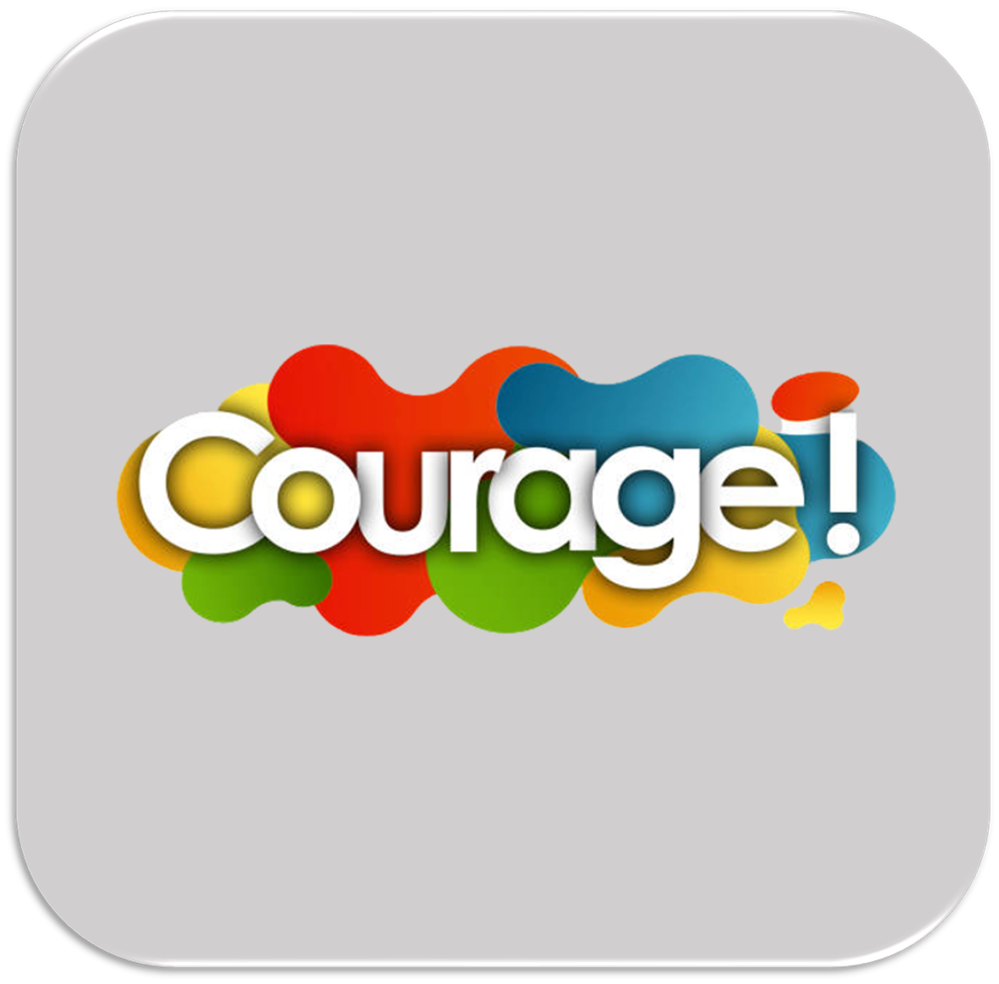
Courage
Students will identify how Courage is used to reach their Character goals by creating and executing a plan. Students will organize their time to create space to grow relationships with others. Students will use Courage by planning a schedule that reflects their values. Students will help create a rubric for organizing their things, then put their skills into practice.
-
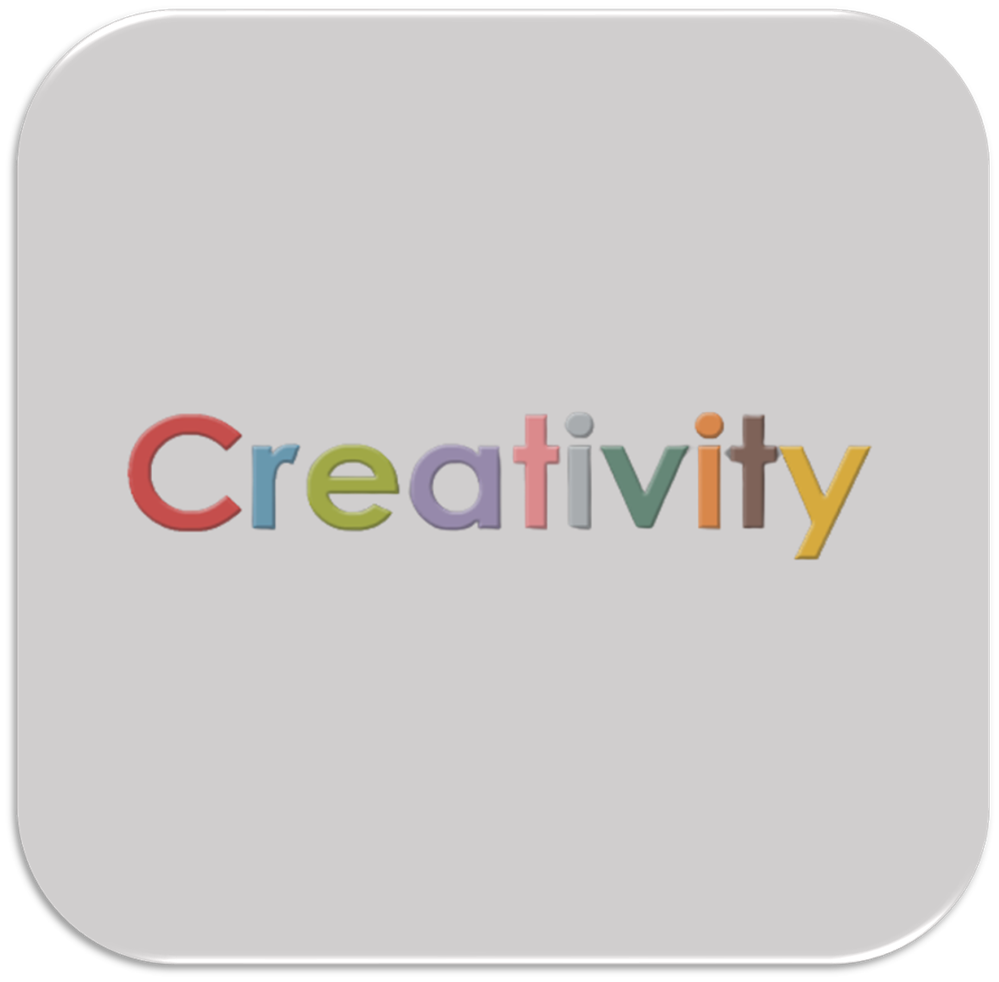
Creativity
Students will create a collage of memories from their lives and add positive self-talk statements to each. Students will create a collage of memories from their lives and add positive self-talk statements to each. Students will use Creativity to make a positive self-talk tool. Students will practice using positive self-talk by creating a project for their future selves.
By the end of 4th Grade, students will...
-
Self-Concept
- use a “growth mindset” in order to recognize and build on their strengths.
- reflect on similarities and differences between their personal beliefs and those of others.
- identify their role in their family and community and how those roles impact their identity.
- assess their level of engagement in their own learning for the achievement of personal goals.
- identify strategies to persist and maintain motivation when working toward short and long-term goals.
Emotional Development
- recognize and label a variety of complex emotions in self and others.
- express their emotions to self and others in respectful ways.
- with minimal adult guidance, manage emotions (e.g., stress, impulses, motivation) in a manner Sensitive to self and others.
- with adult guidance, use organizational skills and strategies to focus attention in order to work toward personal and or academic goals.
- identify others’ need for empathy and respond in respectful ways.
- use perspective taking to predict how their own behavior affects the emotions of others.
Social Competence
- appreciate diversity by recognizing multiple points of view and perspectives of others across cultural and social groups.
- build relationships between diverse groups of people.
- demonstrate respect for others by discussing how stereotypes affect self and others.
- with adult guidance, recognize, establish, and maintain healthy and rewarding relationships.
- effectively communicate clearly, listen well, and cooperate with others to build healthy relationships.
- independently, adapt behavior based upon peer feedback and environmental cues.
- work cooperatively and productively in a group to accomplish a set goal.
- identify the cause and effect of a conflict.
- make constructive choices about personal behavior and social interaction in order to evaluate the consequences of various actions with consideration of well-being for oneself and others.
- identify and respect social norms for behavior and safe interactions across different settings.
- honor social norms with respect to safety of oneself and others.
- identify when and how to offer help to others.
- identify actions that would positively impact change in a classroom, school, and/or community.

